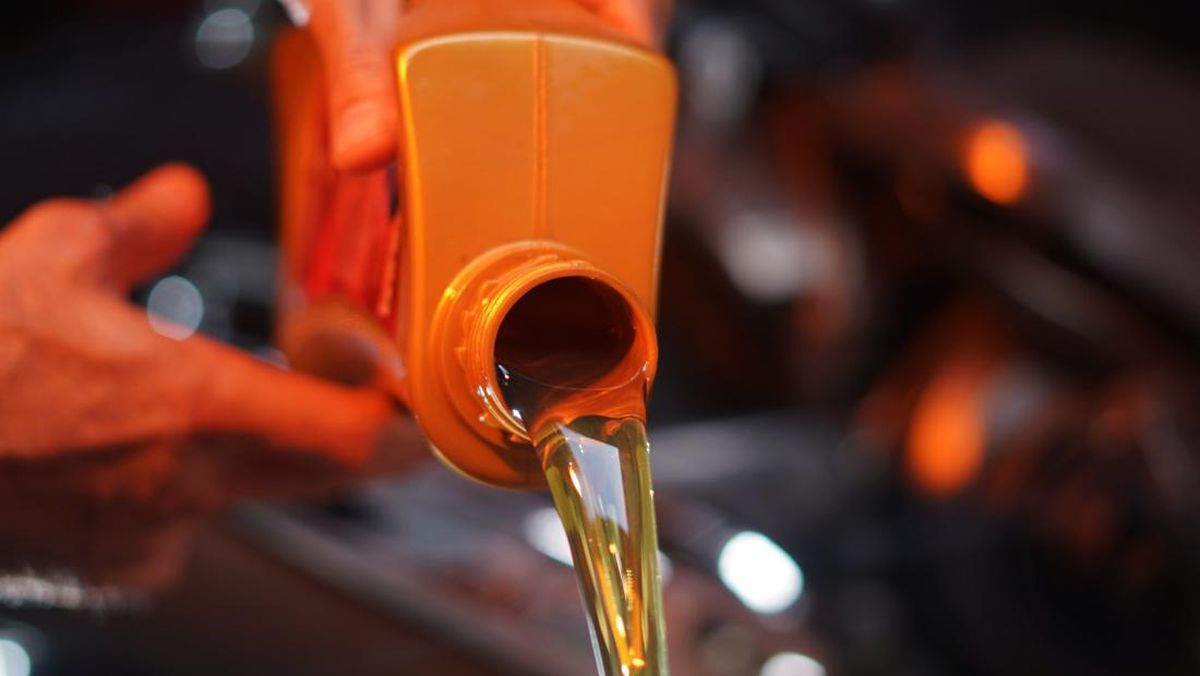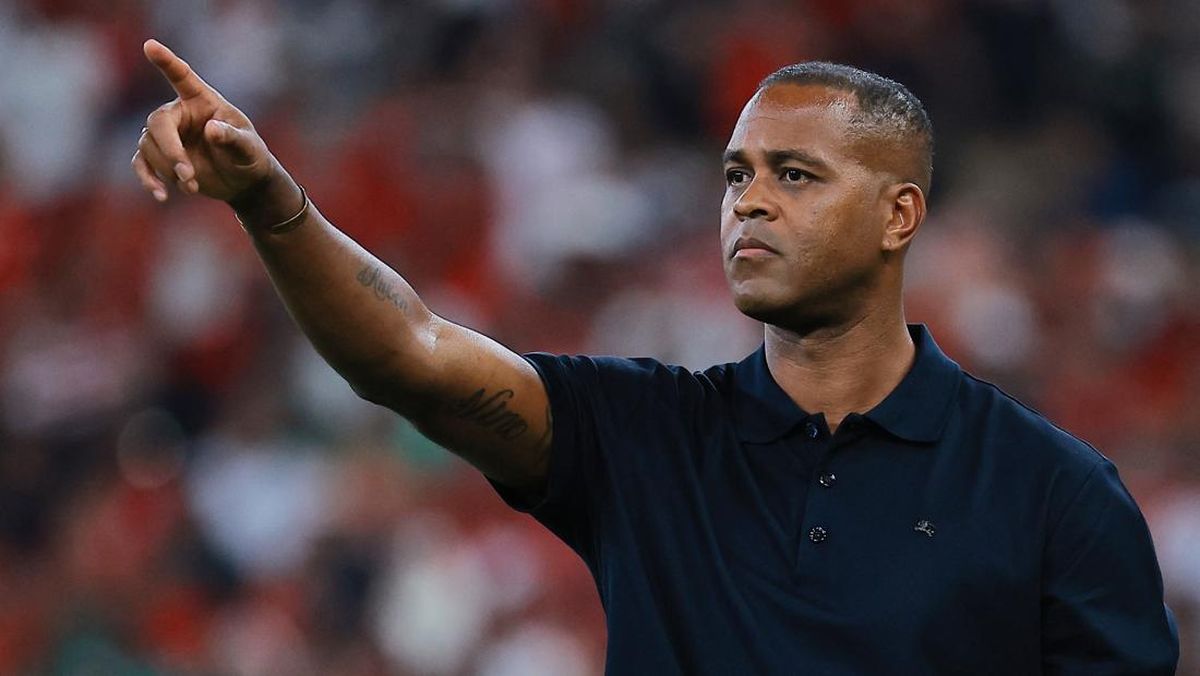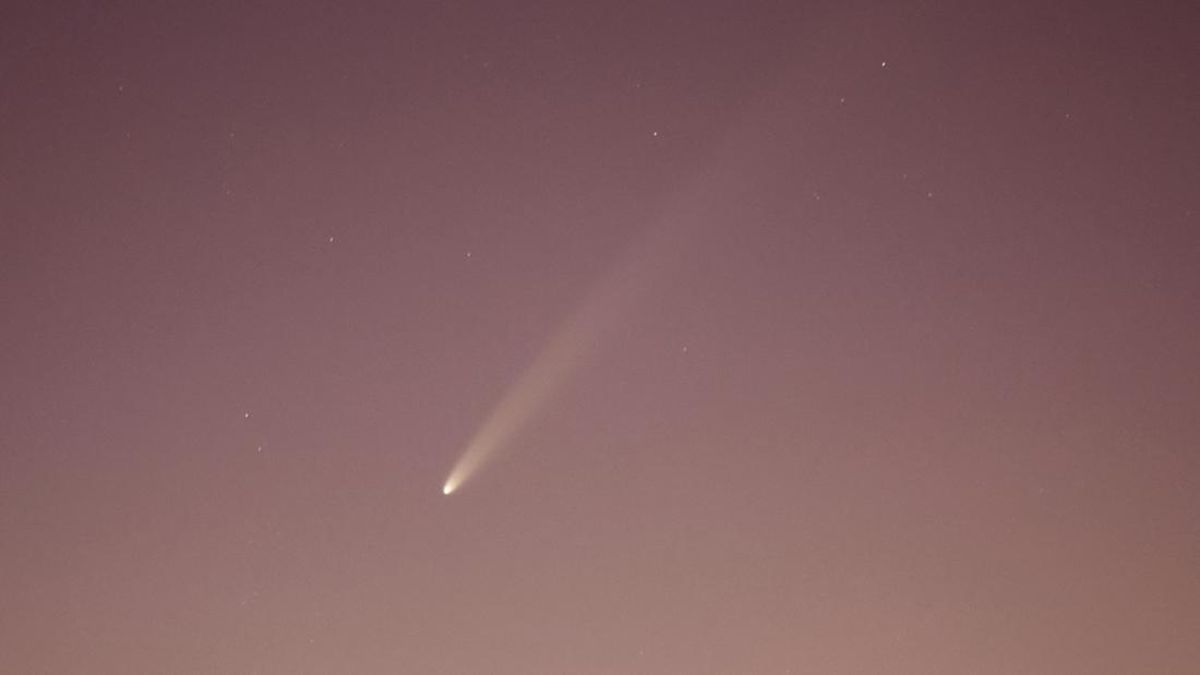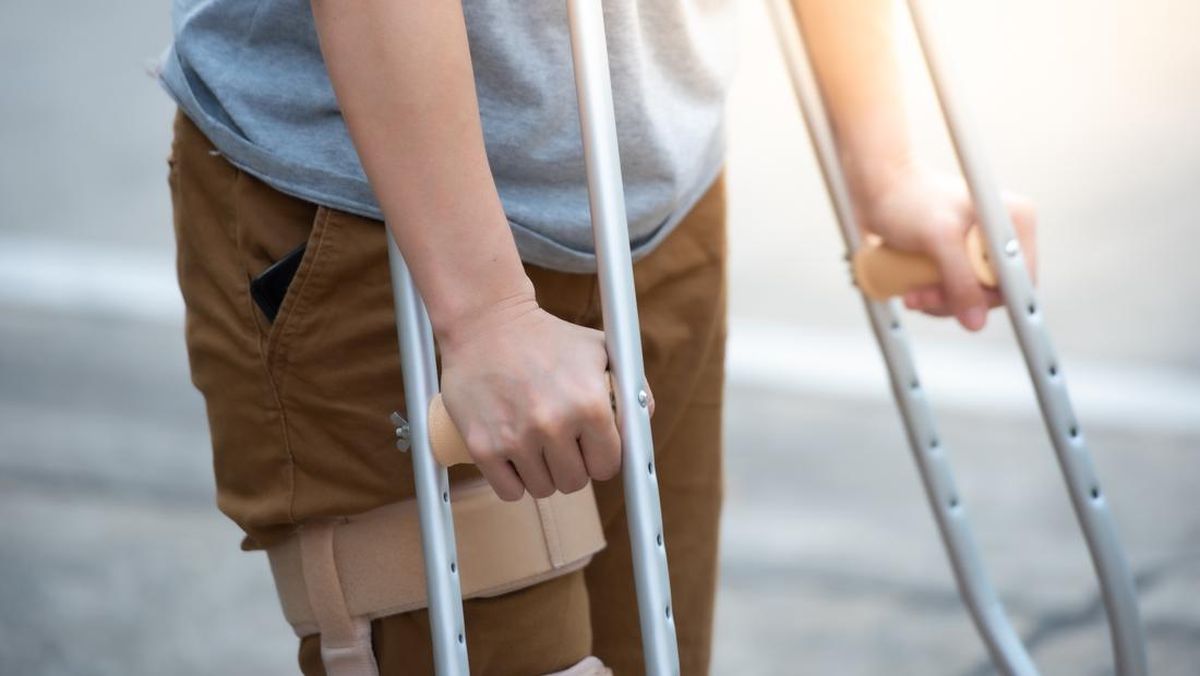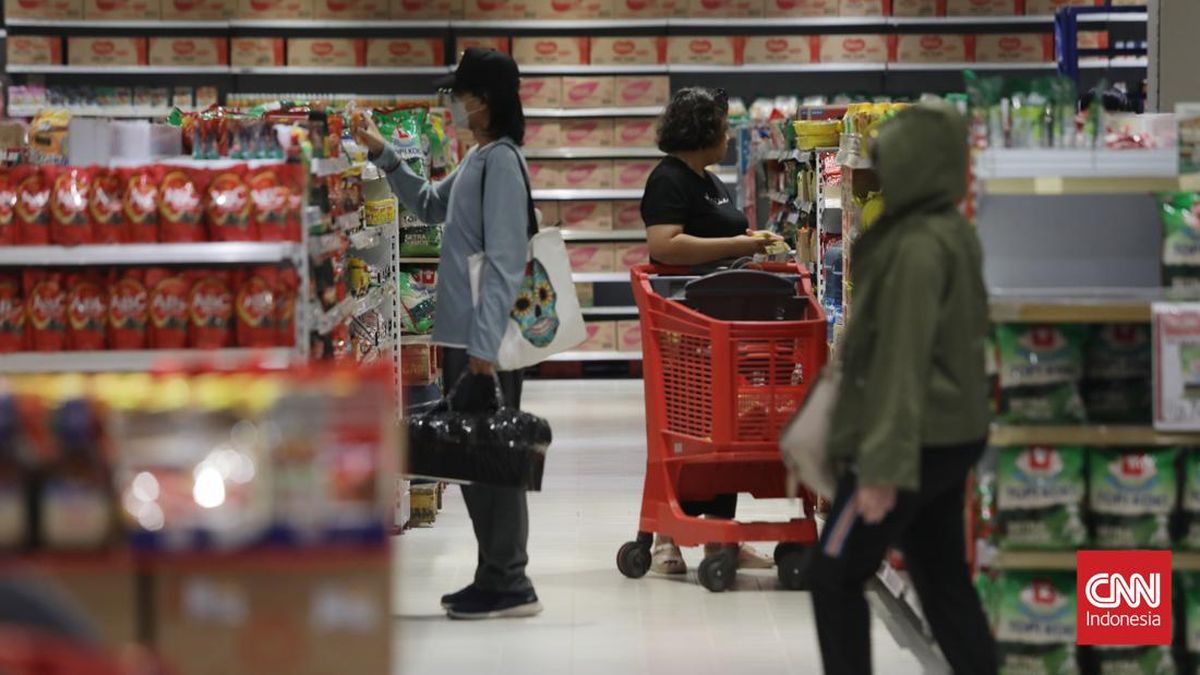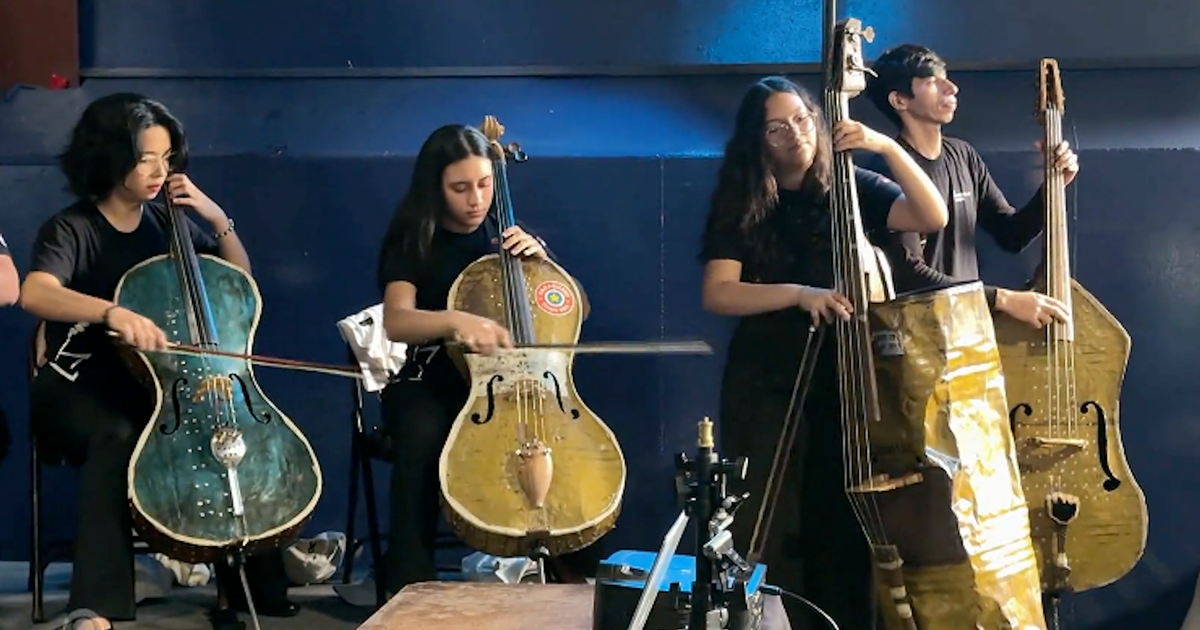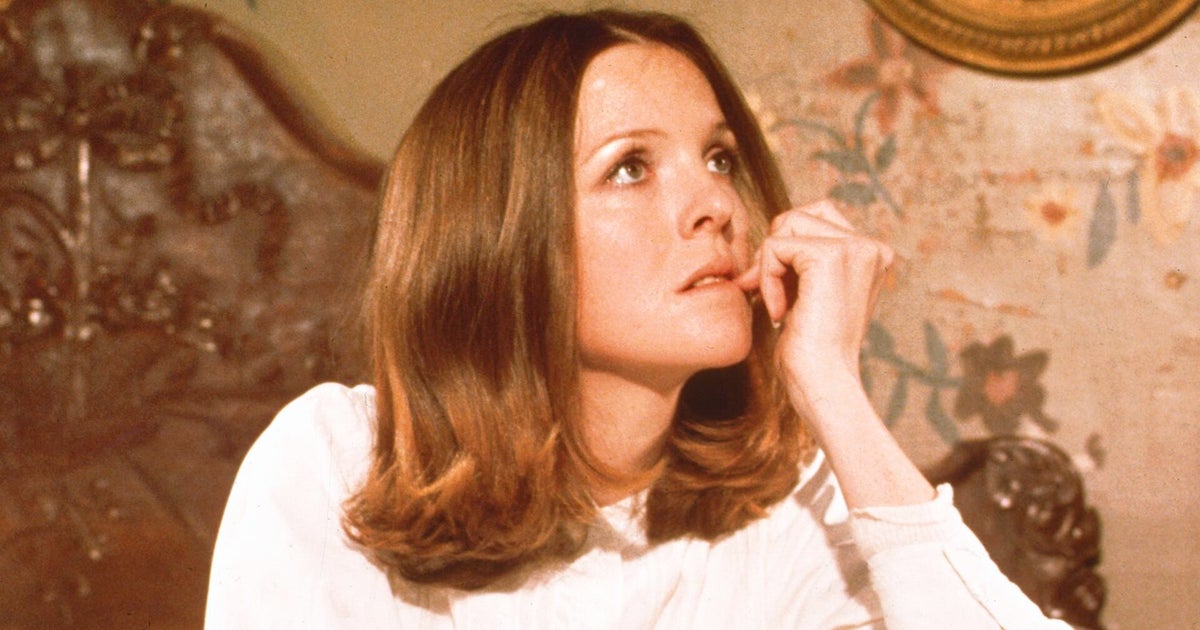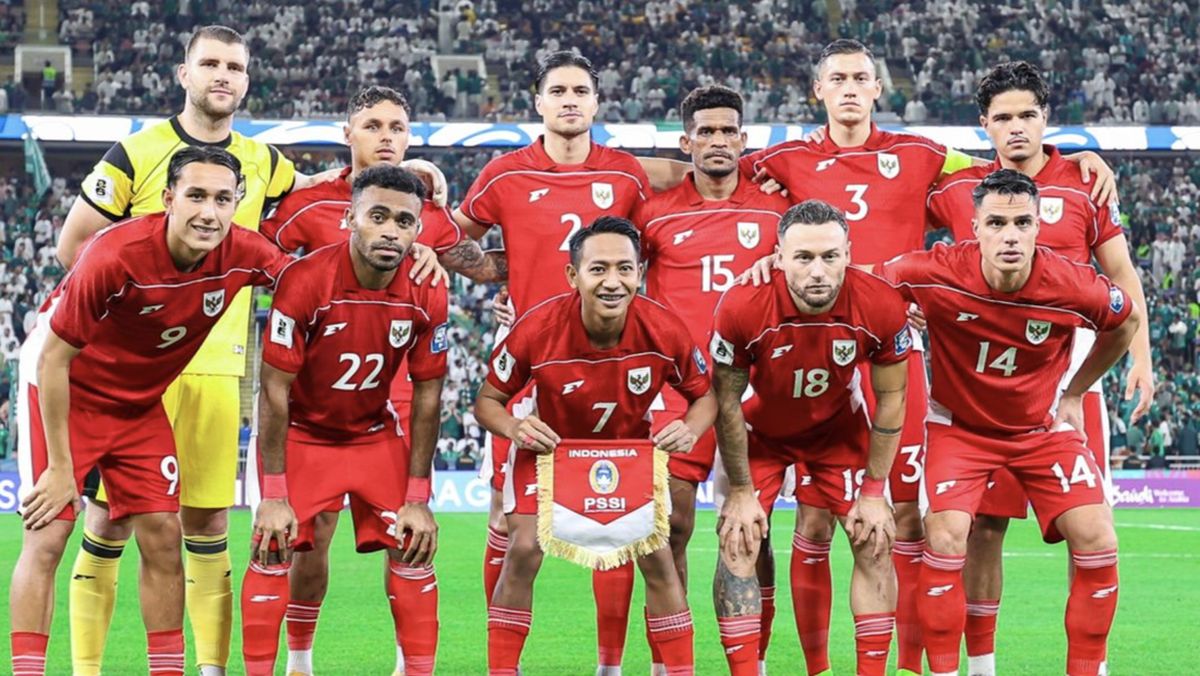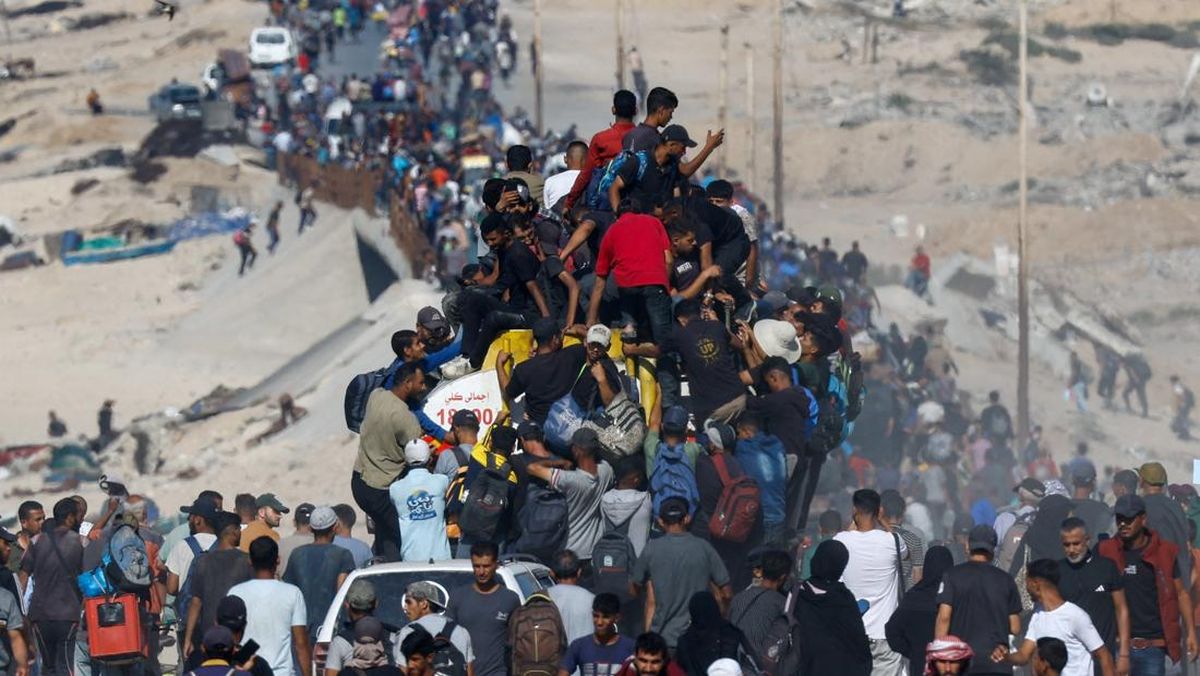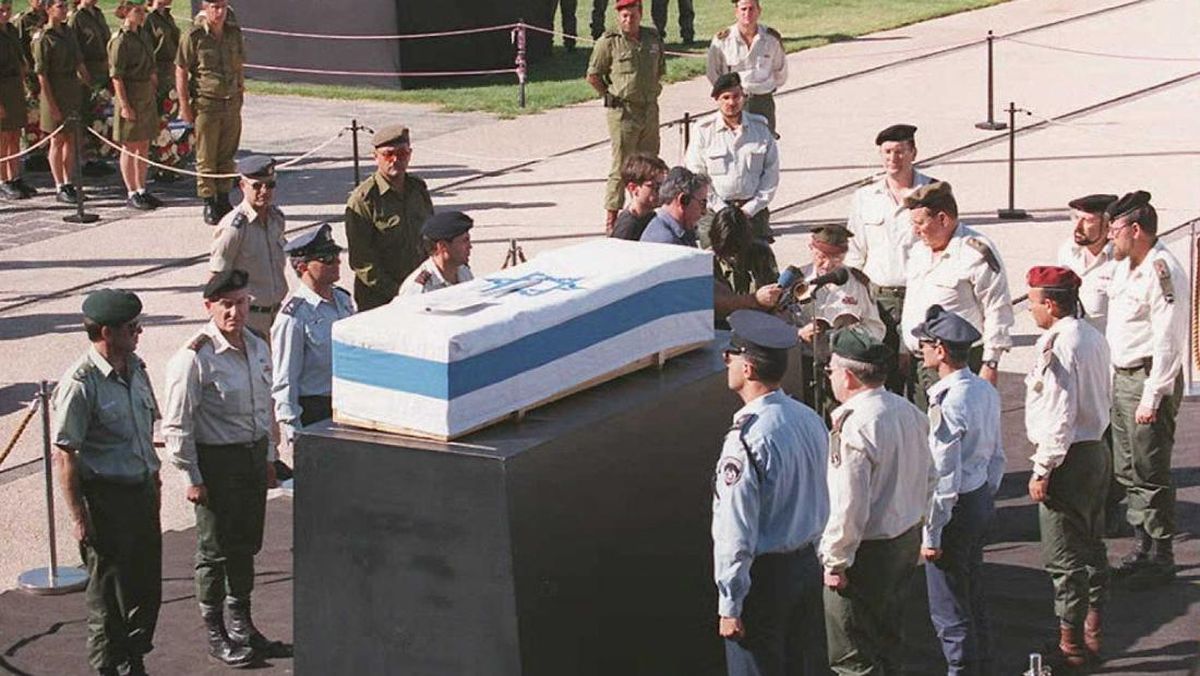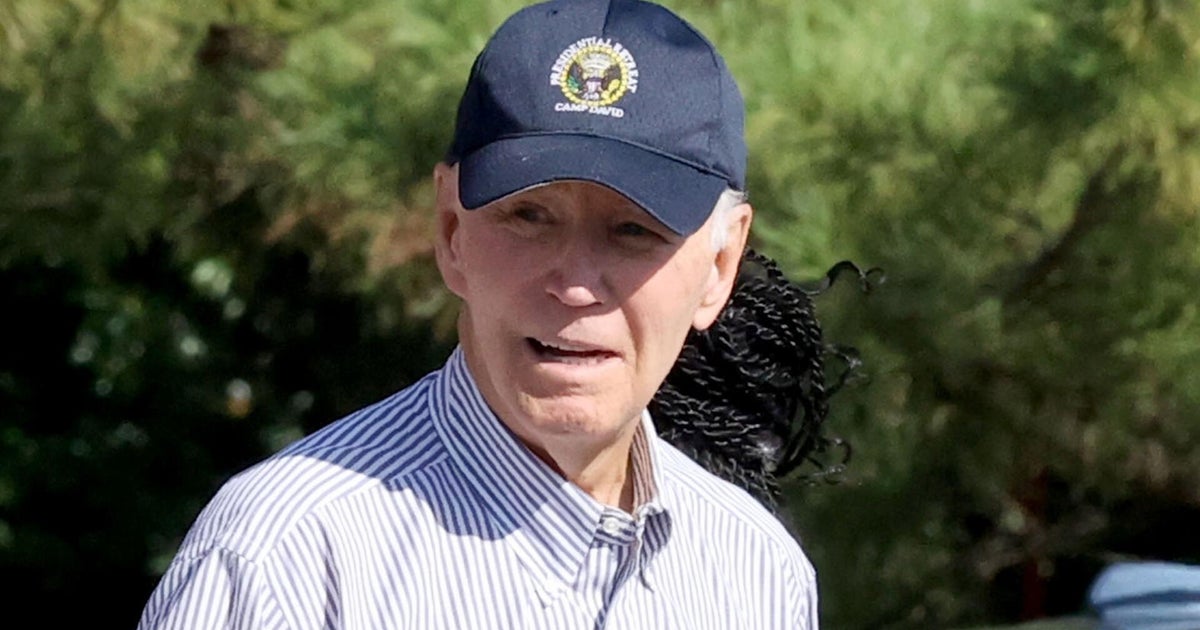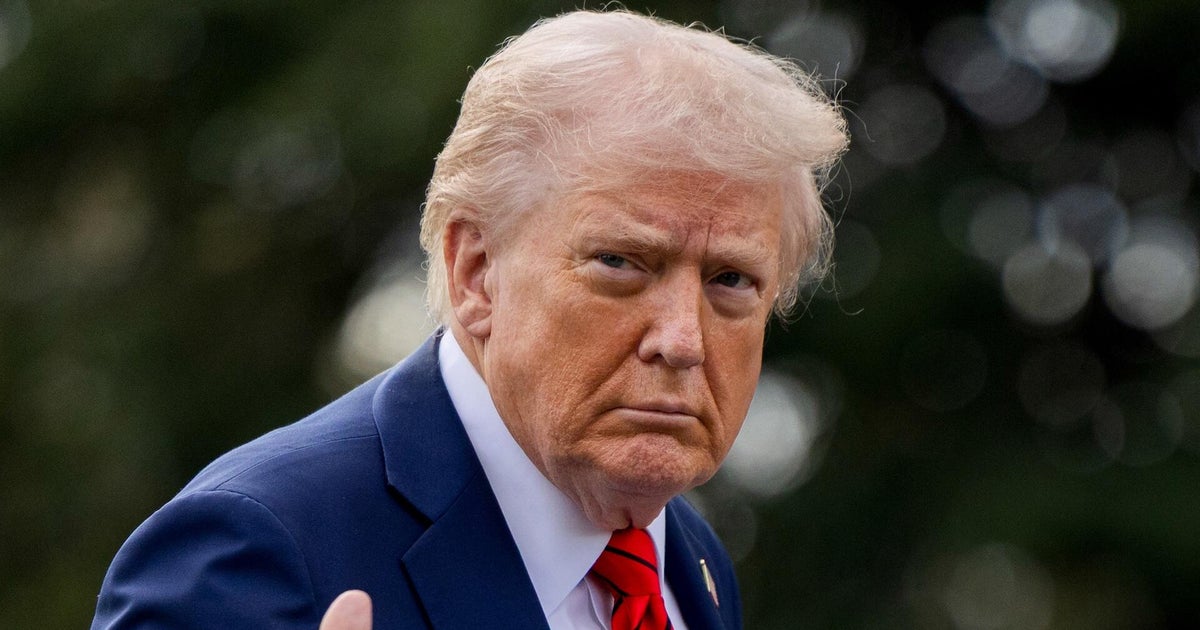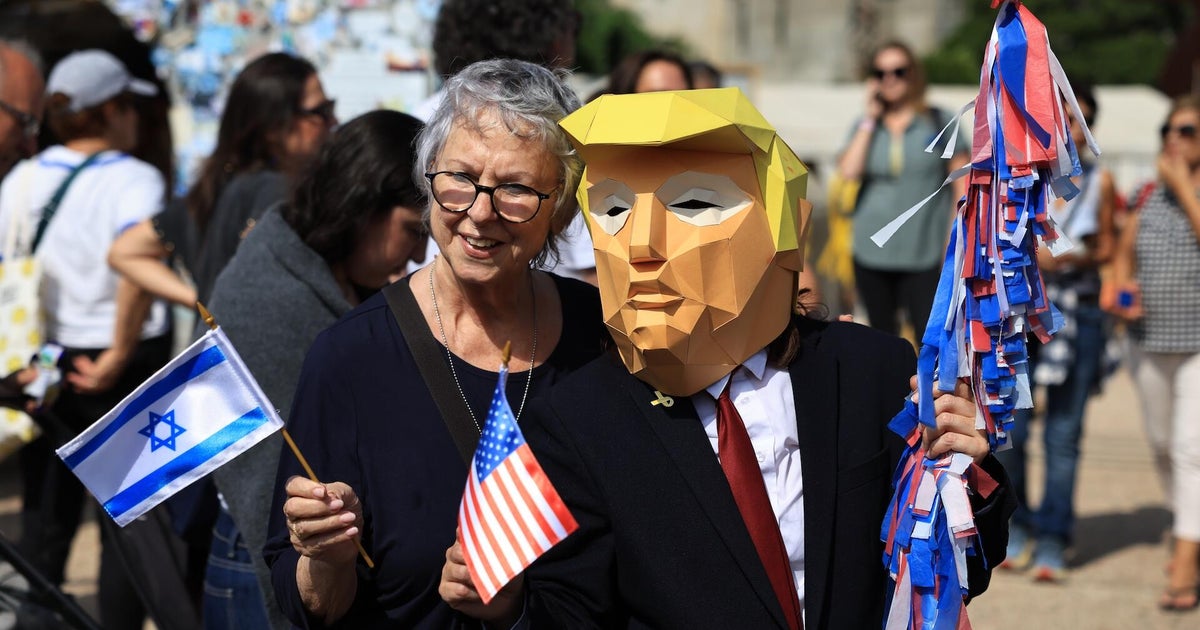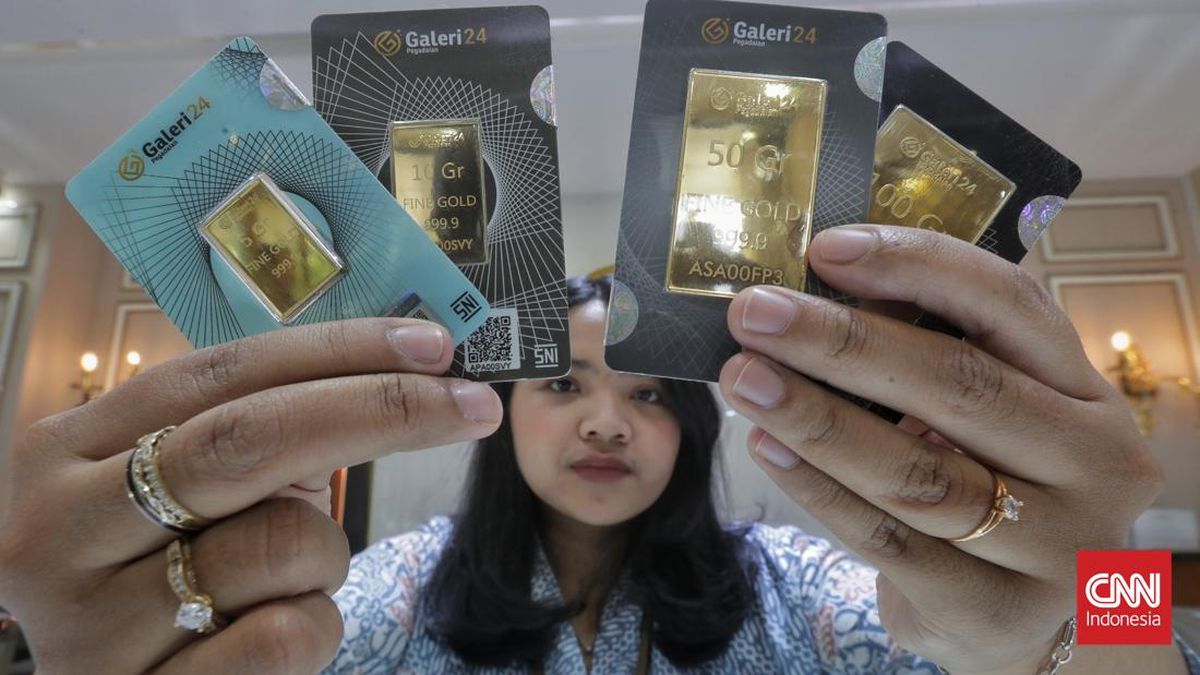By Mara Hvistendahl and Tania Ganguli
October 12, 2025 — 9.41am
Last month, People’s Daily, a Chinese Communist Party newspaper, published what looked like a rare opinion column by a foreigner, NBA star LeBron James. In it, he praised basketball as a cultural bridge between countries. The problem: James never wrote it.
James had been talking to Chinese reporters while on a trip there, and the newspaper turned those comments into an essay with his name on it. Being depicted as the author of a piece in People’s Daily, the voice of the ruling party, is no small matter; it suggested that James was endorsing Beijing’s message at a time of deep tensions with Washington.

Los Angeles Laker star LeBron James.Credit: Getty Images
For Adam Silver, the commissioner of the NBA, that crossed a line. “Taking words somebody said and then making it seem as a first-person op-ed,” Silver told The New York Times, in his first comments about the incident, “would not be appropriate.”
The backlash in America to what people thought was an opinion piece was swift. Conservative commentators said James was letting Beijing use his fame to whitewash the image of the authoritarian government. One website said the NBA was “groveling to the communists.”
The incident was only the latest reminder of the potential political minefield the league faces as it resumes play in China after a six-year absence.
The Brooklyn Nets will play the Phoenix Suns in Macao on Sunday night, the second of two preseason games. The games are the result of a years-long effort by the league — and by Patrick Dumont, a casino mogul turned team owner — to regain its footing in China, a hugely important market.

A front page of Chinese newspaper, China Daily.Credit: David Crowe
China has its own reasons for welcoming back the NBA. The Chinese government has been struggling to breathe life into an economy where people have been holding back on spending.
Beijing wants to use sports and international events to “boost overall consumption,” said Crystal Wang, an expert on Chinese sports with consultancy Deloitte in Shanghai. “That is from the top.”
According to state media, Chinese leader Xi Jinping has a soft spot for basketball, having played recreational games while working as a local official in Hebei province.
Beijing hopes the league can showcase China as open and welcoming. The government has turned to athletes, scholars, and influencers to promote “people to people” ties aimed at countering hostility from both sides of the political aisle in the United States.

LeBron James at an NBA pre-season match earlier this month.Credit: Getty Images
Xie Feng, the Chinese ambassador to the United States, for instance, cited what he described as James’ op-ed for People’s Daily, saying on social platform X: “It’s heartening to see sports are bringing our people closer.”
Basketball is wildly popular in China. That is what makes NBA stars so valuable there, but it also forces the players to walk a razor-thin line between sports and politics.
It is a line the league has stumbled over before. In 2019, Daryl Morey, then the general manager of the Houston Rockets, tweeted support for Hong Kong’s pro-democracy protests. That and the league’s refusal to punish Morey shut the NBA out of China for years, costing the league more than $300 million in revenue.
But NBA athletes who have travelled to China after the incident have found a lucrative market.

NBA Commissioner Adam Silver has sprung to the defence of LeBron James.Credit: AP
Los Angeles Clippers star James Harden, who has criticised Morey, praised China and even hinted at moving there, has been rewarded by Chinese fans. In 2023, he sold 10,000 bottles of wine from his personal label on a Chinese livestream in seconds.
When Stephen Curry of the Golden State Warriors toured western China in August, he was greeted by an enormous drone show, sponsored by a local tourism board, that depicted him high-fiving a panda.
Players know to steer clear of politics, said Terry Rhoads, a Shanghai-based sports consultant who helped build a market for the NBA in China while working for Nike. “Every single NBA player that comes out to China is being briefed on, ‘Hey, we’re out there to have fun. We’re out there to get the kids loving basketball.’”
Loading
Silver said that China put no conditions on speech ahead of the NBA resuming play. But the stakes of offending China are clear.
And they cut both ways: Players also face criticism in the United States if they seem too cozy with Beijing — as the James episode with People’s Daily showed.
Adam Mendelsohn, an adviser to James, sought to downplay that incident, saying that the media had “incorrectly characterised” the piece as an op-ed that he had written.
But People’s Daily had described the player as the author of the essay and promoted it on its official social media account with a post titled: “LeBron James Writes in People’s Daily.”
James had also been accused of pandering to China in 2019 when he criticised Morey over the tweet.
“So many people could have been harmed not only financially, physically, emotionally, spiritually,” he said at the time. “Yes, we do have freedom of speech, but there can be a lot of negative that comes with that, too.”
The New York Times
Most Viewed in Sport
Loading

